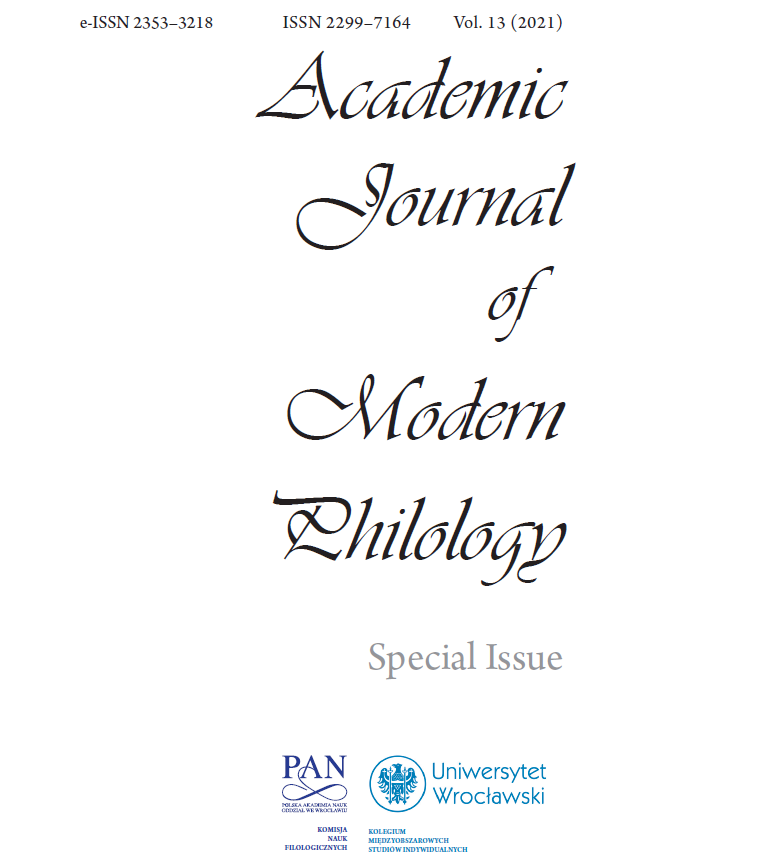Problem przekładalności polskich i francuskich terminów językoznawczych w badaniach porównawczych nad feminizacją języka i nazwami żeńskimi – na przykładzie badań nazw żeńskich notowanych przez polskie i francuskie słowniki ogólne
The Problem of Translatability of Polish and French Linguistic Terms in Comparative Studies on the Feminization of Language and Feminine Nouns Denoting Women: On the Example of Studies of Feminine Nouns Rec. by Polish and French General Dictionaries
Author(s): Patrycja KrysiakSubject(s): Social Sciences, Language studies, Language and Literature Studies, Comparative Linguistics, Sociolinguistics, Philology
Published by: Komisja Nauk Filologicznych Oddziału Polskiej Akademii Nauk we Wrocławiu
Keywords: language feminization; terminology; contrastive research; Polish; French
Summary/Abstract: The article presents the diversity and scope difference of Polish and French linguistic terms appearing in works devoted to the language feminization. The author quotes the terms most often used in Polish and French literature on the subject, discusses their scope and tradition of use. Different ways of understanding the concept of feminization are analyzed. The aim of the article is an attempt to organize the terminological chaos faced by researchers who want to conduct contrastive research on multilingual material. The problem encountered in comparative research involves establishing a common scope to which the terms refer and interpreting the differences. The question arises whether Polish and French researchers, when using freely the terms nazwy żeńskie/les formes féminines/féminisation, really mean the same thing. The author tries to answer the question of how to compare Polish and French exponents of femininity, especially for the purposes of quantitative lexicographic research, and whether Polish male lexemes with immobilized inflection should be considered female names in comparative research, analogically to French epicene nouns? Perhaps due to the lack of semantic symmetry between the terms, one study should develop different criteria for the analysis of Polish and French lexical material.
Journal: Academic Journal of Modern Philology
- Issue Year: 2021
- Issue No: 13
- Page Range: 181-190
- Page Count: 10
- Language: Polish

